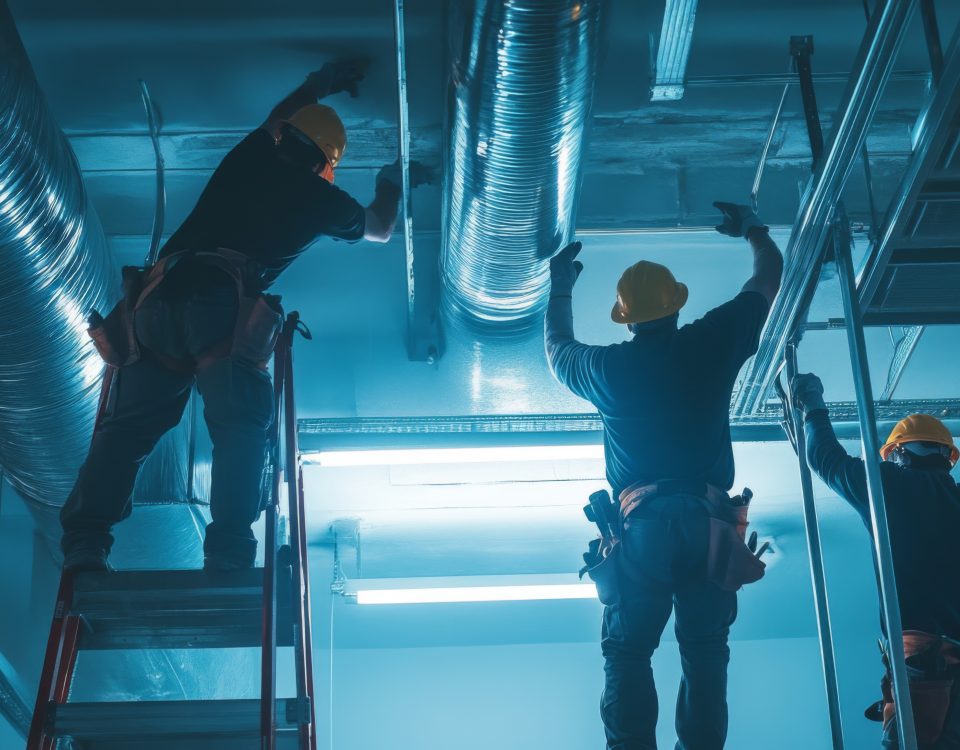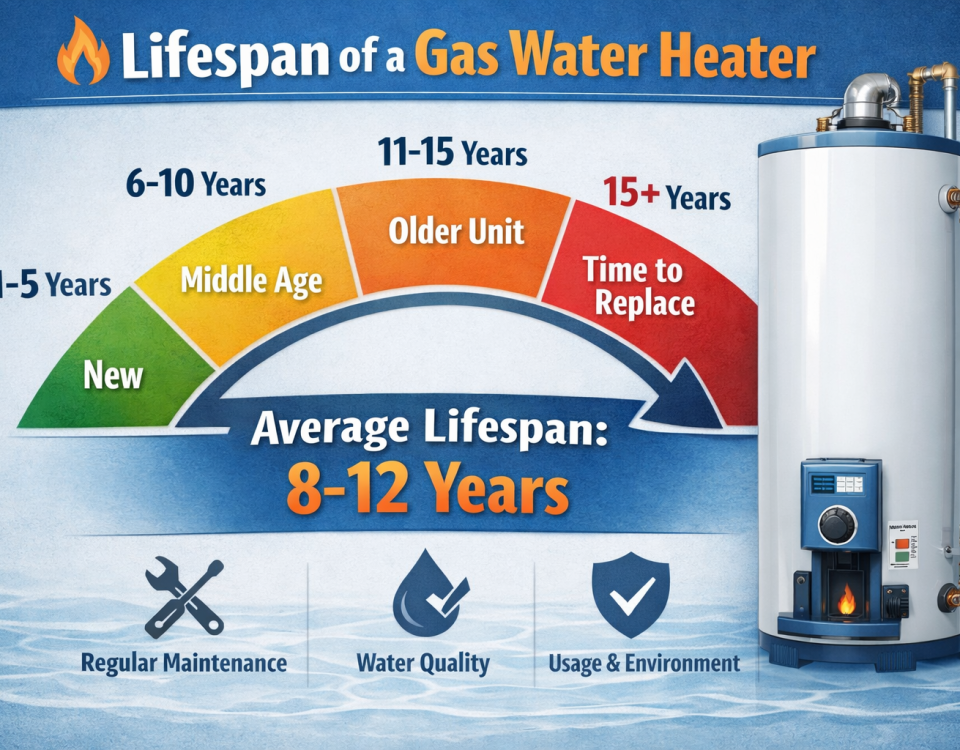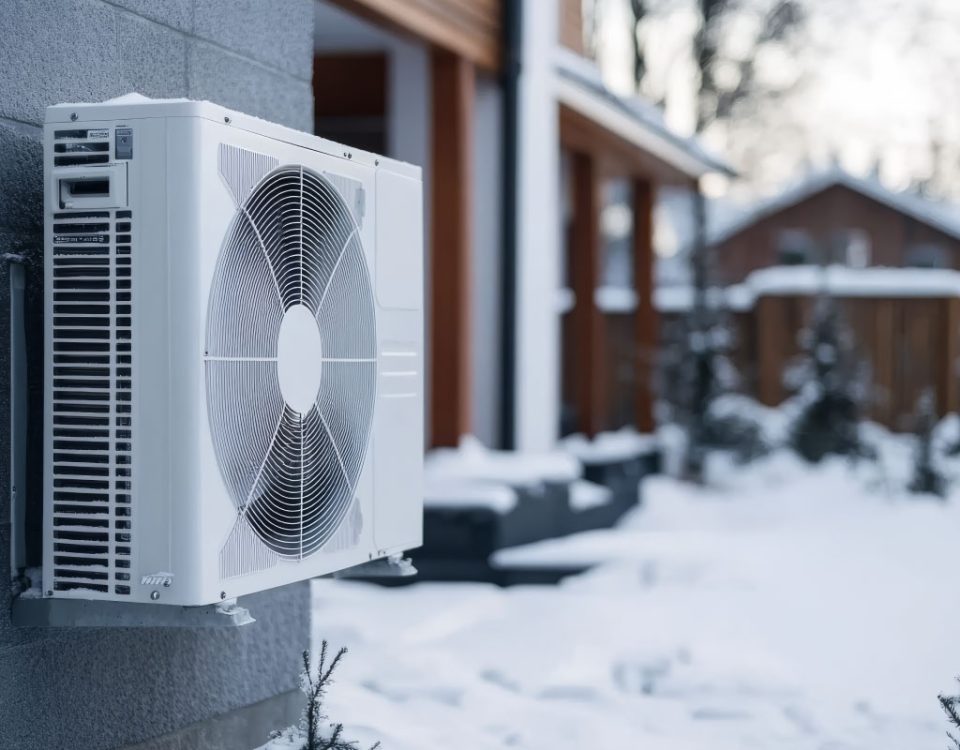Crystal Heating & Cooling’s Tankless Hot Water Heater’s Buying Guide
Let’s face facts: a traditional, 40-to-60-gallon hot water tank accounts for 19.3% of the energy used in the Canadian home. We pour energy into keeping these tanks full of hot water 24/7 so we have it ready for basic needs, including washing dishes and clothing, for cleaning, or bathing. Sometimes we have the disadvantage of using excess water, like a long, hot shower, and then we must wait for these tanks to reheat. And what about all the energy-robbing sediment that’s floating in these tanks? The extra worries of will it spring a leak? As water tanks generally only last 8 to 12 years, these are all reasonable concerns.
Tankless Hot Water Heaters are incredibly more common and sophisticated now since their first introduction in early 1990, with features like built-in recirculating pumps, compact designs, and wireless connectivity. Plus, the best two features: it will reduce your energy costs by 27-50 percent (depending on the tank type, ex: electric versus gas) and you will never run out of hot water!
Keep reading below to learn more about everything you need to know about tankless hot water heaters.
How Does a Tankless Hot Water Heater Work?
In simple terms, when a hot water tap is opened, cold water runs into the tankless water heater. As the water flows into the unit, an electric element (or a gas burner, depending on the tank type) heats up the water. When the water exits the unit, it is hot and ready to be used. When the hot water tap is closed, the cold water entering the tankless system is shut off, and the electric element (or gas burner) shuts down. Because the system idly waits for another hot water tap to open, it does not consume endless energy keeping a large tank full of hot water.
Are Tankless Hot Water Heaters More Energy Efficient?
Yes! Tankless Hot Water Heaters heat and deliver hot water only when it’s needed, therefore they are sometimes referred to as on-demand water heaters. As these systems are tankless, it means they aren’t limited by the size of their tank, which allows them to provide a constant stream of hot water. An ENERGY STAR certified tankless water heater uses 30% less energy, on average than a storage tank type.
How Often do Tankless Hot Water Heaters Need Maintenance?
Tankless Hot Water Heaters will typically supply endless hot water, but not if maintenance is ignored. Thanks to some units which have wireless connectivity, the unit can alert you to its maintenance needs via smartphone. Otherwise, it is routine to have your tankless heater maintained every 6 months to 2 years. If you live in an area with significantly harder water, or you prefer to have your unit set at higher temperatures, then every 6 months is recommended. Just as our showerheads and sink aerators collect limescale, so does your tankless water heater. Failing to clean the heat exchanger of mineral build-up can affect water flow speed, as well as cause your energy bill to skyrocket because your system is working harder than it should to deliver hot water. In some cases, mineral buildup can cause irreversible damage causing the heat exchanger, or the whole unit, to be replaced. Crystal Heating & Cooling is always available to help with descaling and other regular maintenance on tankless hot water systems.
Helpful Tips to Consider Before Buying
Here are a few things to consider before making the change from a traditional hot water tank to a tankless hot water heater.
- Evaluate the water heater’s energy before buying. Gas and oil-fired water heaters (tank or tankless) use “Energy Factor” or EF. The higher the EF, the higher the efficiency.
- Buy the right size of a tankless system. To do this, consult with Crystal Heating & Cooling about what size of system is right for your family.
- Consider Energy sources:
- Electric: models come in many sizes; they do not need venting; and are easy to install. They cannot supply hot water in a power failure, and they take some time to reheat.
- Natural Gas: models come in a variety of sizes, types, and efficiencies; can be vented through a chimney or a wall; and can provide hot water during a power failure if they have continuous pilot lights. They do require adequate airflow or combustion.
- Propane: models have the same pros and cons as natural gas units, but propane is more of an expensive fuel. Units require a dedicated storage tank and scheduled fuel delivery.
- Oil: models come in limited types and sizes; can be vented through a wall and sealed. They require adequate airflow for combustion, a dedicated storage tank, and scheduled fuel delivery; and cannot supply hot water during power outages.
Feeling a bit overwhelmed after all that? Don’t be! At Crystal Heating & Cooling, we understand that every home will use its hot water supply differently so it’s important to understand the different types of heaters and features best suited for your household. We are always happy to help with any questions you may have regarding tankless water heaters and their installation. If you’re looking for more information before you choose your next water heater, give us a call!






